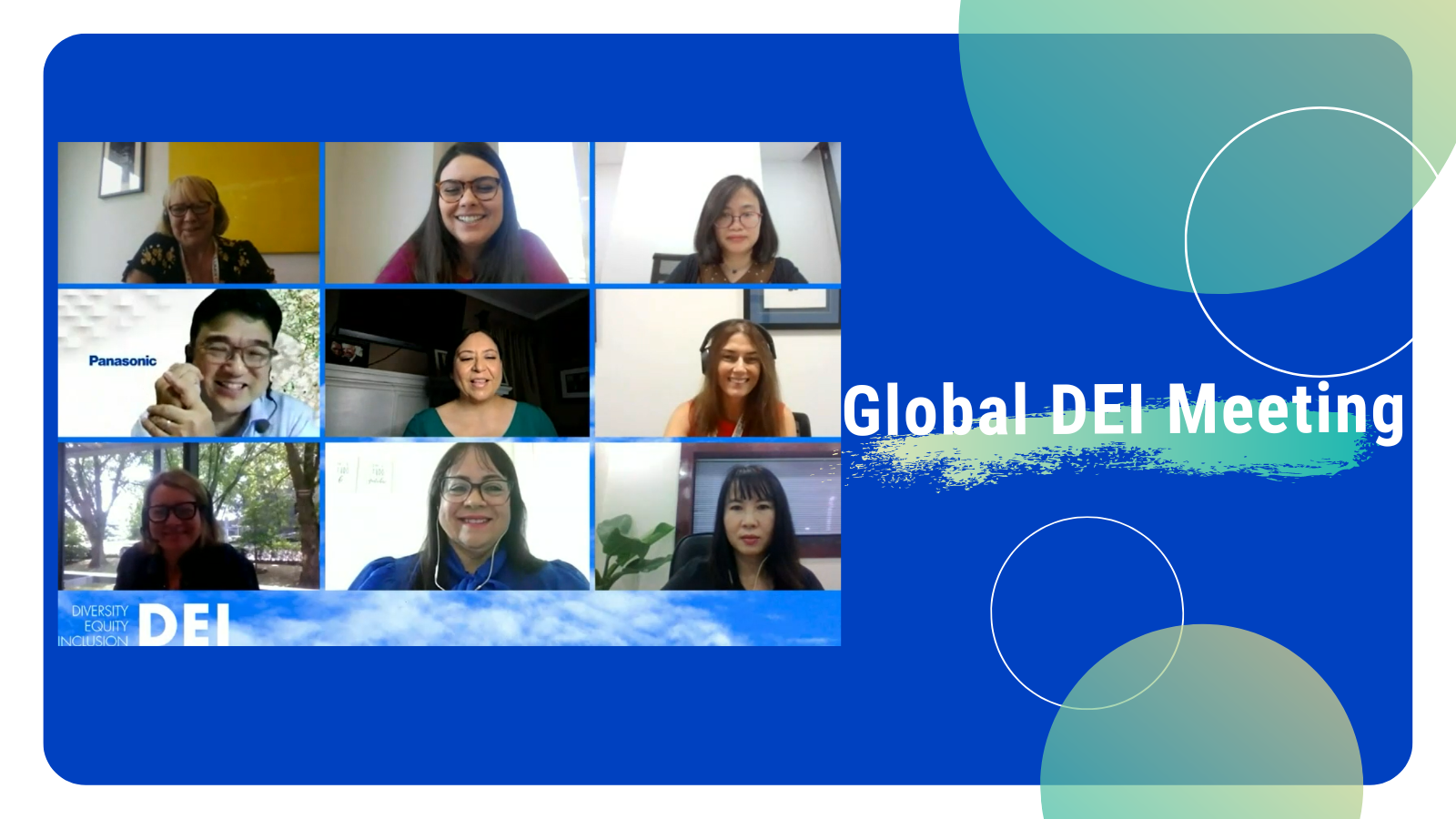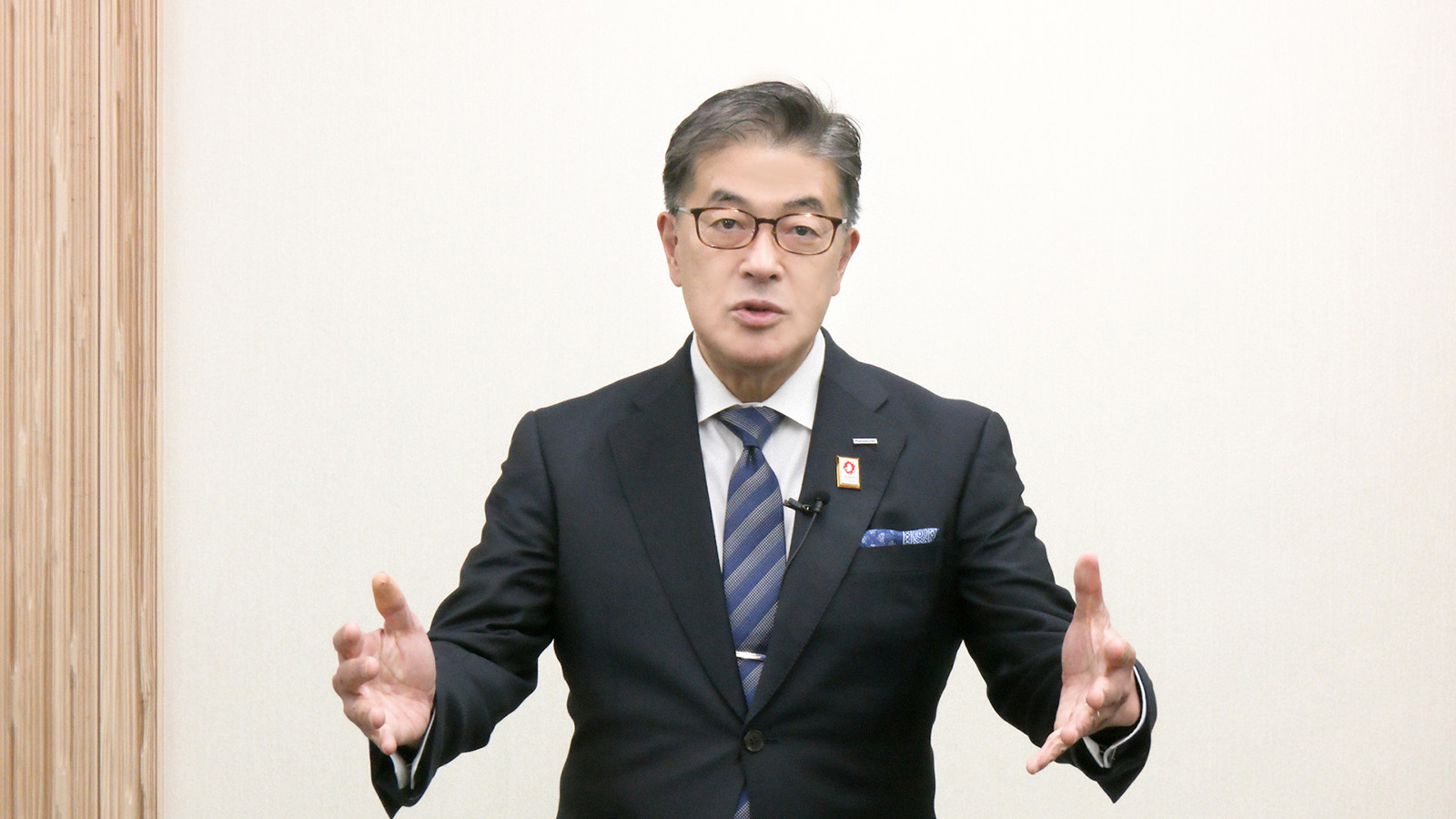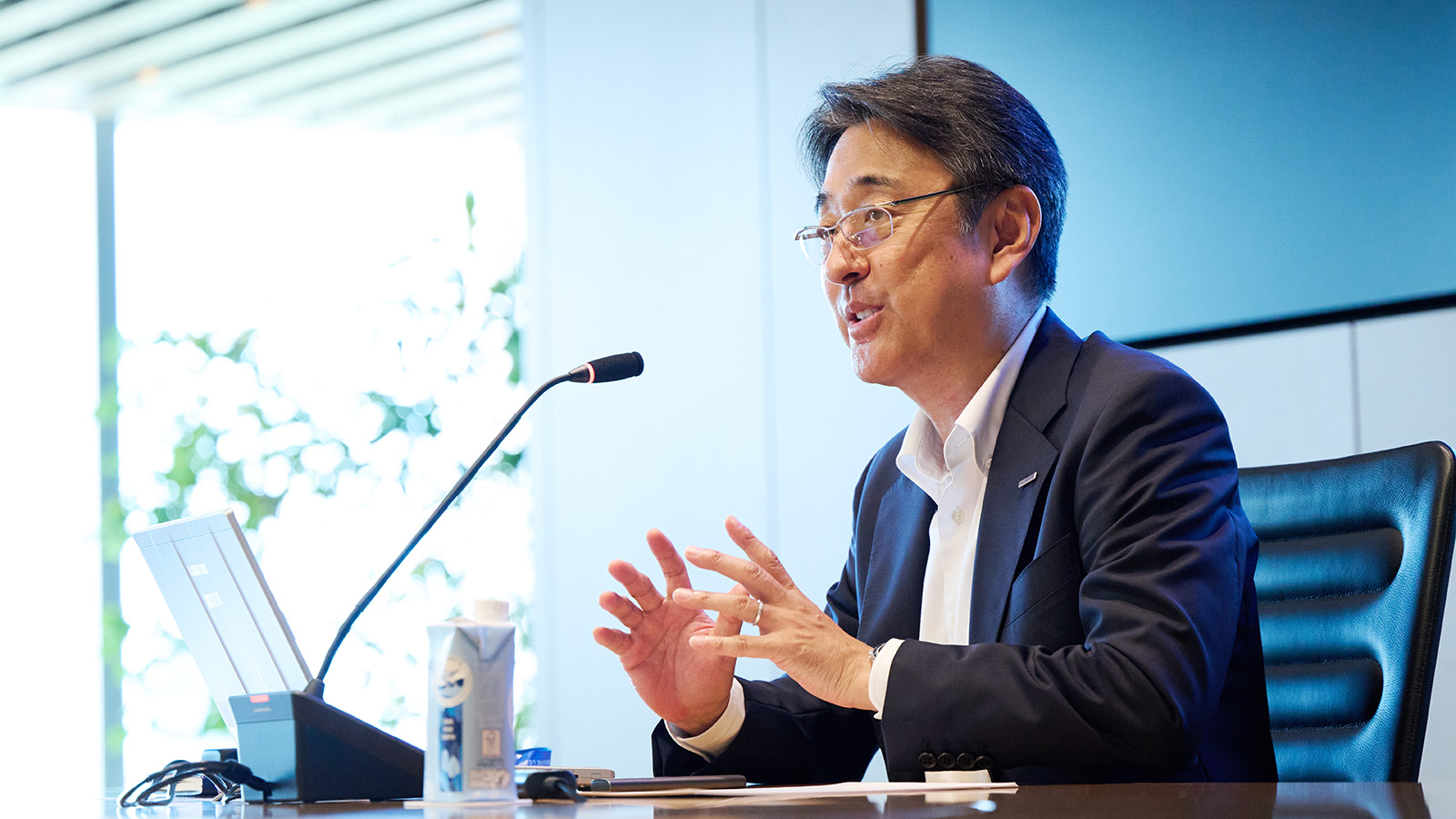Sylwia a affirmé que la vulnérabilité et la compassion perçues des femmes peuvent en fait être une force en matière de leadership. «Je pense que c'est apprécié par les employés ; cela les fait se sentir en sécurité, que chacun d'eux peut apporter ses différentes personnalités au travail. C'est peut-être le style de leadership auquel s'attendront les générations futures.”
Le panel a discuté de certains des défis auxquels sont confrontées les femmes dirigeantes et des moyens de les surmonter. Une question clé consistait à équilibrer les exigences du travail et de la garde des enfants. Sylwia pense que faire travailler des femmes managers à temps partiel, peut-être sous forme de jobsharing, pourrait être une solution intéressante. Elle a souligné le fait que si de nombreuses équipes sont majoritairement composées de femmes, elles sont souvent dirigées par des hommes. «Nous avons besoin de plus de femmes occupant des postes de direction en tant que modèles afin qu'elles soient considérées non seulement comme des contributrices clés, mais aussi comme des leaders.”
Et leurs conseils aux jeunes femmes qui font leurs premiers pas dans le monde de l'entreprise ?
Sylwia a insisté sur l'importance d'établir une bonne relation avec son manager. “Communiquez avec eux quels sont vos intérêts, ce que vous visez et discutez avec eux de la manière de rendre cela possible.« Les entreprises comme Panasonic sont énormes, a-t-elle ajouté, et les opportunités mettent du temps à être trouvées. "Votre manager peut vous aider à les trouver."
Le conseil de Tina était de ne pas essayer de créer un réseau à travers toute l'organisation à la fois. “Construisez votre réseau individuellement, apprenez à connaître progressivement les gens de toutes les organisations dans les différentes zones géographiques couvertes par des entreprises comme Panasonic.”













